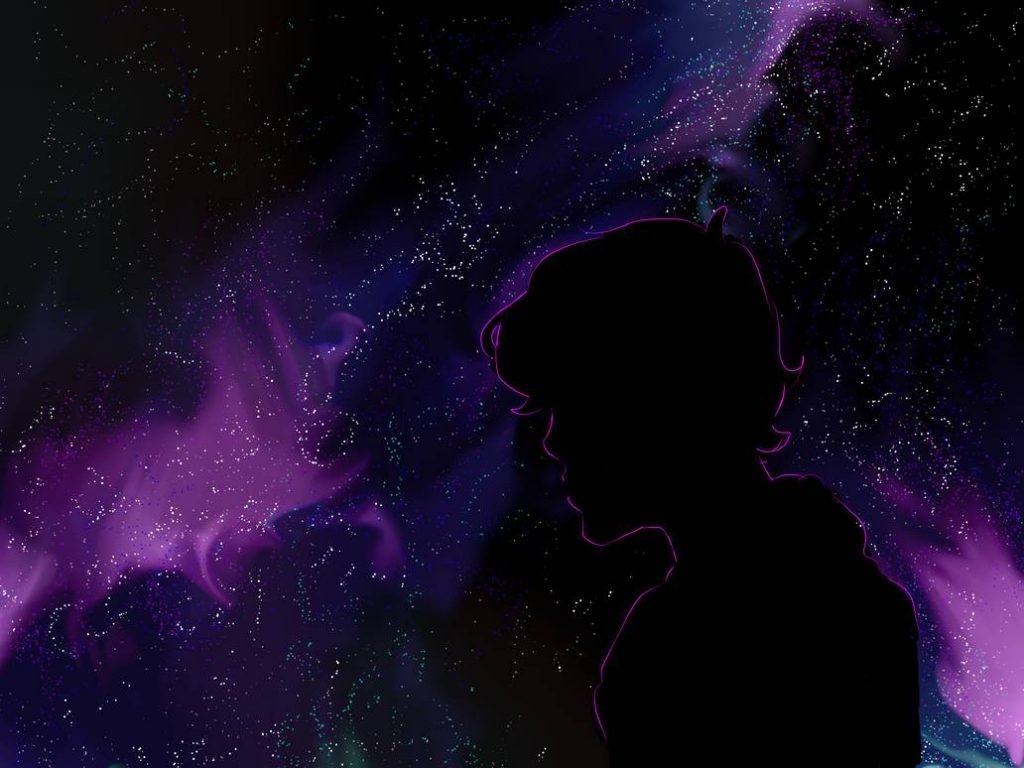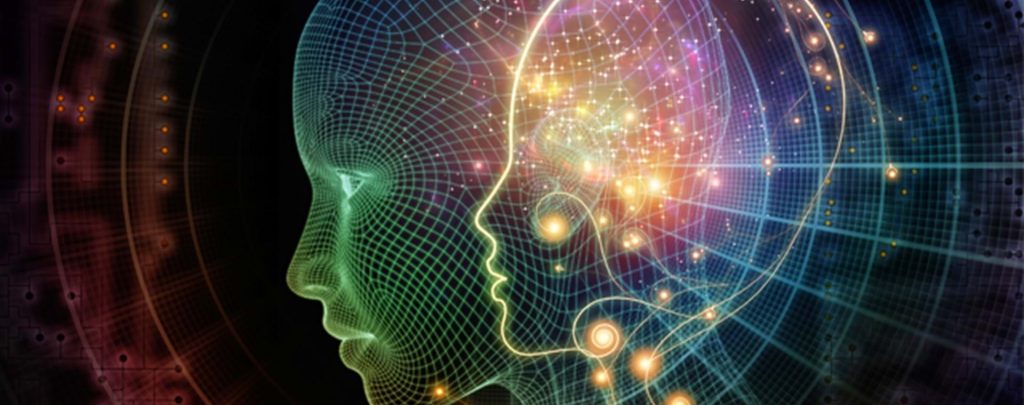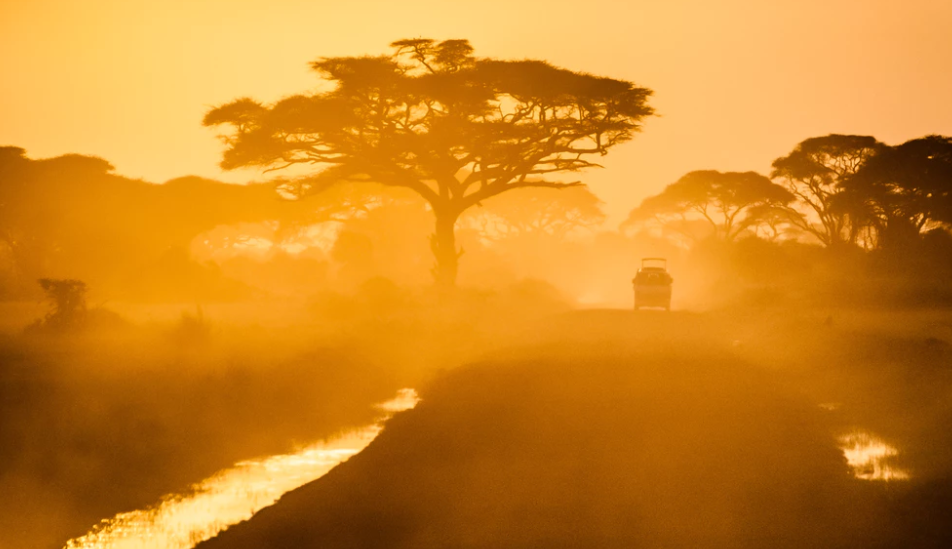The next few months may well determine the foreseeable future of humanity. There is great urgency, yet most people, on the reasonable left and rationally right, want only a return to so-called normalcy. The comfortable status quo ante not only led inexorably to this global ecological, spiritual and political crisis however; it is gone.
It seems the greater the challenges for humankind, the smaller the responses by individuals. There is a Zen saying that seems to support such smallness: “Make your own little corner of the universe holy.” It’s not quite a koan, though I’m not sure what it means, since it seems to be both true and false at the same time.
On one hand, there’s an irrefutable truth to “make your own corner of the universe holy,” since the only thing over which we have any semblance of control is our own lives. And even there control doesn’t really apply!
As a Baltimore teacher said about her approach to online instruction of elementary school kids during the pandemic: “I know what I do in my space, but I can’t control what anyone else does in theirs.”

The truth in the saying is this: In making our own corner of the universe holy we are making ourselves what we truly are–a microcosm of the universe. There is no separation; instead, there is wholeness.
Nature and the universe, seen as a whole, are holy. That which is undivided is intrinsically holy. Wholeness and holiness have the same etymological root, and point to the same actuality.
The great paradox is that we are creatures of separation, since our “adaptive strategy” as humans is to remove things from the environment and make them ready for use (the root meaning of the word separation).
However division, which is separation carried into the psychological and social dimensions, leads to confusion and darkness, domination and war.
Most people have little relationship to nature, and the globalized Western paradigm, which has brought the Earth and world to the edge of ruin, is to think in terms of extracting ‘resources’ from nature.
As humans, separation and manipulation of ‘things’ is what we do to survive. But fear, need and greed prevent us from seeing when to stop separating from nature, much less cease dividing us from each other.
Not seeing nature and the universe as a whole, nothing is holy. In the prevailing worldview, Christianity superimposes an exception, Jesus Christ, to the rule of the background meaninglessness of life. However that is not what Jesus was about, which is the wholeness of humanity.
Science cannot make us whole, since there is no science without separation and reduction. Some scientists would like to think there is science without separation and reduction, but that’s the scientific mind intruding on the space meant for the religious mind. (Not meant by ‘a God.’ And the religious mind has nothing to do with belief systems). Science has its place, obviously, just not first place in a spiritually rich and balanced life.
“2016 was an outlier; 2016 was a fluke,” progressives believe. That’s a very dangerous notion, not simply because anything could happen between now and the outcome of the American election and inauguration, but because human consciousness, as we’ve known it for tens of thousands of years, has come to a head in our age.

Therefore the hope that things can return to some nostalgic notion of normalcy and decency is wishful thinking of the highest order.
Kafka quipped, “The messiah will come when you don’t need him anymore.” Does that means when we are a light to ourselves the light of the world will come? That when some no longer need a messiah, the world still will?
I don’t know, but Jesus’ mission clearly failed. After all, what need would there be for a “Second Coming” if it hadn’t?
The only thing I’m sure of, other then complete negation of the ‘me’ and quieting of thought in undirected attention, is that consciousness as we’ve known it since time immemorial is no longer tenable.
There must be radical change, which means individual transmutation sufficient to bring about psychological revolution.
Martin LeFevre

